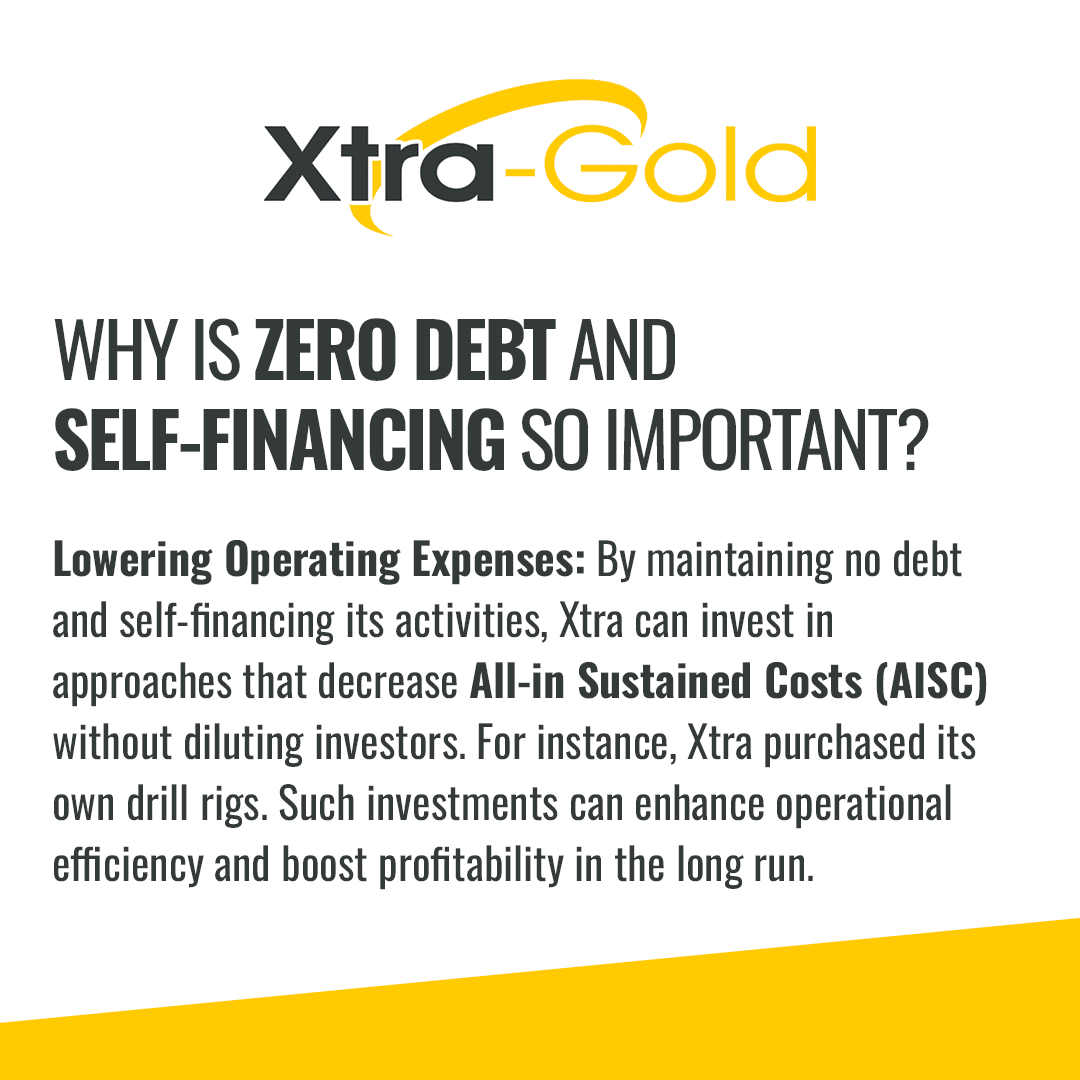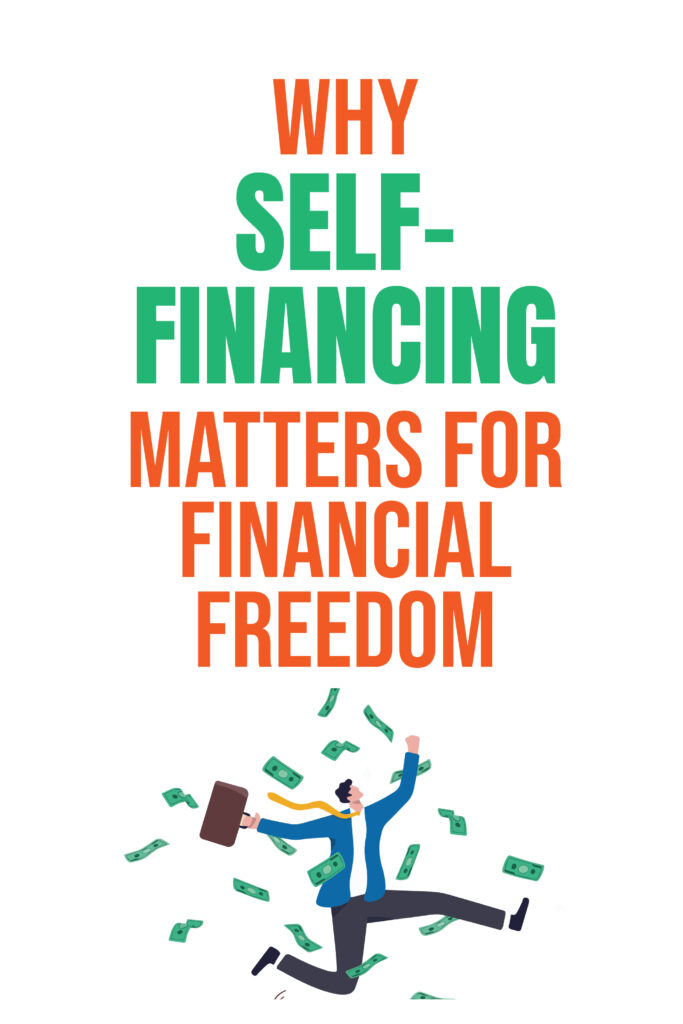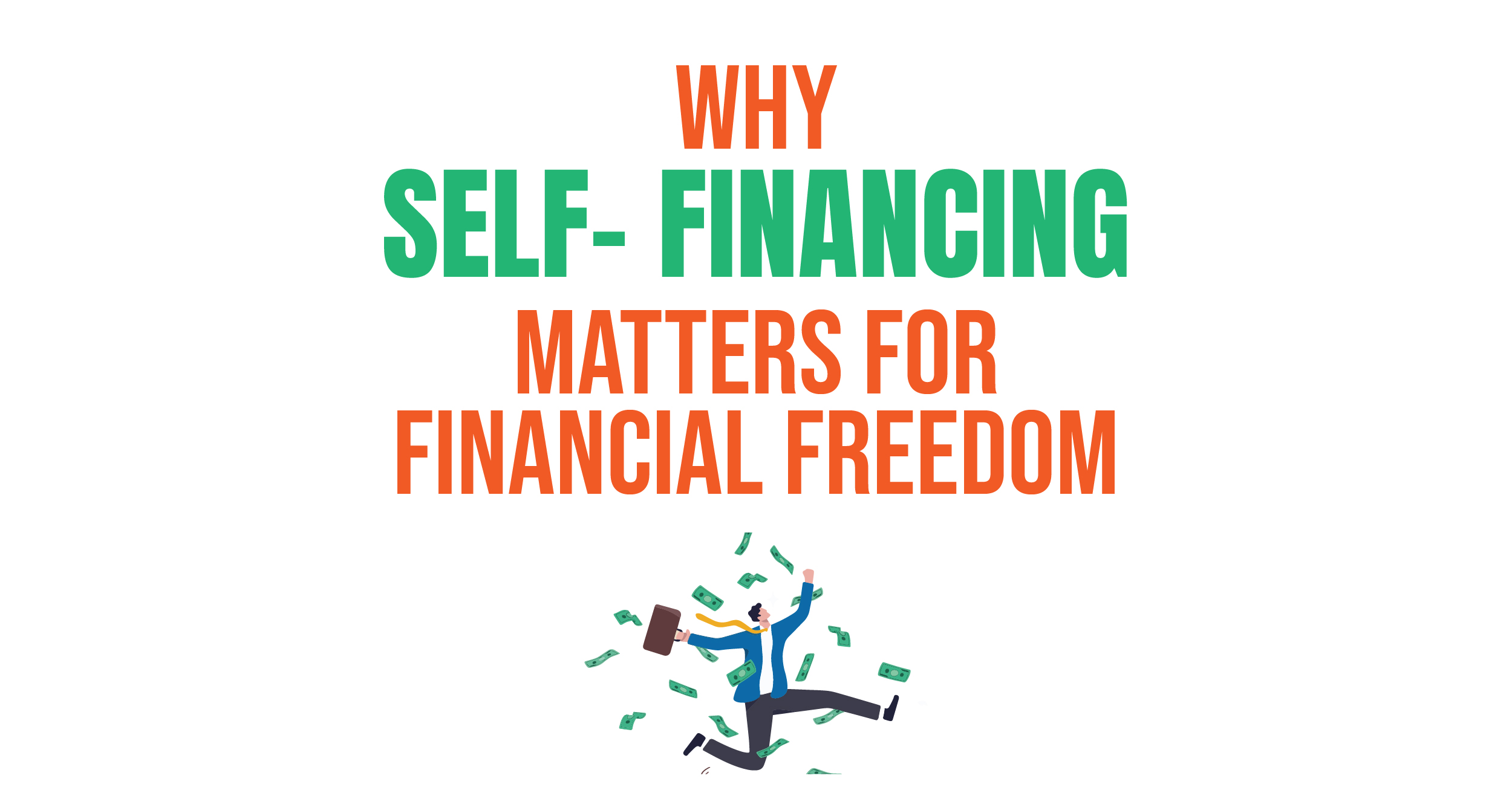Self-financing empowers individuals and businesses to remain independent and flexible. It reduces reliance on external funding sources.
Understanding the importance of self-financing is crucial in today’s dynamic economic landscape. This approach not only paves the way for autonomy but also instills a sense of financial discipline. By allocating personal or internal resources towards a project or business venture, entities can avoid the often stringent terms that come with external loans or investments.
This financial strategy enhances decision-making freedom, allowing for swift adjustments to strategies without the need to consult external financiers. Moreover, self-financing can significantly cut down on interest expenses, improving overall profitability. It also reflects positively on a company’s or individual’s financial stability, potentially increasing their attractiveness to future investors and partners. Embracing self-financing is a step towards sustainable growth and financial health, making it a key consideration for anyone looking to thrive in the competitive market landscape.
The Concept Of Financial Freedom
The concept of financial freedom is a powerful idea. It means having enough savings, investments, and cash on hand to afford the lifestyle you desire for yourself and your family. It’s also about being free from debt and being in control of your financial future. This freedom allows you to make life decisions without being overly stressed about the financial impact because you are prepared. You can take a vacation, buy a house, or retire early without worrying about money.
Key Ingredients For Achieving Financial Independence
To achieve financial independence, certain key ingredients are essential:
- Savings: Regularly putting money aside is crucial.
- Investments: Investing money to grow your wealth over time.
- Budgeting: Keeping track of spending and saving habits.
- Debt Management: Paying off debt and avoiding new debt.
Self-financing As A Path To Autonomy
Self-financing plays a vital role in achieving financial independence. It involves using your own resources to fund your personal and business ventures. This approach minimizes reliance on external financial support, such as loans or gifts. Self-financing is a powerful step towards autonomy.
By self-financing, you:
- Control your destiny: You make decisions based on your capabilities.
- Reduce risk: You avoid debt, which can lead to financial stress.
- Build confidence: Successfully managing your finances boosts self-confidence.
Self-financing is not just about having the funds but also about making informed, strategic decisions that align with your long-term financial goals. It’s a path that requires discipline, planning, and a commitment to living within your means.

Credit: twitter.com
Self-financing Basics
Understanding the basics of self-financing is key to business growth. This method involves using personal funds. It means no loans from banks. No investors to answer to. You control your business finances. Let’s dive into what this means.
Definition And Core Principles
Self-financing means using your money for your project. It’s simple. You invest your savings. You may also reinvest profits. The goal is to avoid debt. This keeps control within your hands.
- Independence: You make all decisions.
- Flexibility: You adapt quickly to changes.
- Profit Retention: All earnings stay with you.
Contrast With Traditional Financing Methods
Traditional financing differs greatly. It often involves banks. Sometimes investors. They provide funds. But they also want returns. This can mean less freedom for you.
| Self-Financing | Traditional Financing |
|---|---|
| Full control retained | Control often shared |
| No interest payments | Interest payments required |
| Profit stays with owner | Profit shared with lenders/investors |
Choosing self-financing means choosing freedom. You take risks with your money. But you also reap all the rewards.
Benefits Of Self-financing
Self-financing can empower individuals and businesses alike. It offers control and freedom from outside pressures. Let’s explore some key benefits.
Control Over Financial Decisions
Self-financing means making your own choices. You decide where your money goes. This leads to tailored strategies that fit your unique goals.
- No need to compromise with lenders.
- Freedom to prioritize projects you believe in.
- Quick adaptation to market changes is possible.
Reduced Reliance On External Funding
Not relying on loans or investors keeps you in charge. You avoid high interest and tough terms.
- Save on interest rates and fees.
- Build a stronger financial foundation.
- Attract partners with your independence.
:max_bytes(150000):strip_icc()/personalfinance_definition_final_0915-Final-977bed881e134785b4e75338d86dd463.jpg)
Credit: www.investopedia.com
Self-financing Strategies
Mastering self-financing strategies is crucial for economic independence. It helps individuals and businesses control their financial future. Let’s explore key strategies that can pave the way to self-sufficiency.
Effective Budget Management
Control spending and track where money goes each month. Creating a budget is the first step to self-financing. It shows how much money is available for different needs.
- Review expenses to find savings
- Set financial goals for short and long term
- Monitor cash flow to adjust spending
Use budgeting tools or apps to simplify this process. They provide a clear view of finances.
Income Diversification
Diversify income to reduce risks and increase cash flow. Multiple income streams ensure stability.
| Strategy | Benefits |
|---|---|
| Investing | Grows wealth over time |
| Side jobs | Provides extra cash |
| Passive income | Earns money with little effort |
Consider skills or hobbies that could turn into income. Online courses or investments are good options.
Remember, stability and growth are key to self-financing success.
Challenges In Self-financing
Self-financing a business or project is tough. It means using your own funds. You face risks and must plan well. We’ll discuss common issues and risk handling.
Common Pitfalls And How To Avoid Them
Overestimating cash flow can lead to trouble. Track all expenses. Keep a buffer for unexpected costs.
Ignoring market research is risky. Understand your customers. Adapt your product to their needs.
- Start with a solid budget
- Review finances regularly
- Save for emergencies
Stay informed. Learn from others. This helps you steer clear of mistakes.
Risk Management
Managing risk is key. Diversify income sources. Don’t rely on one client or product.
| Risk Type | Management Strategy |
|---|---|
| Financial | Keep reserves. Cut unnecessary costs. |
| Operational | Train staff. Have a backup plan. |
| Market | Research trends. Adjust quickly. |
Insure assets. Secure contracts in writing. This protects your business.
Success Stories

The stories of self-financed success are both inspiring and instructive. They show us that with dedication and smart planning, dreams can turn into reality. Let’s explore some remarkable journeys of individuals who took their financial destiny into their hands.
Case Studies Of Self-financed Individuals
- Sara Blakely – Started Spanx with $5,000 from her savings. Her company is now worth billions.
- Steve Jobs – Co-founded Apple in a garage. He showed the world how innovation leads to success.
- Jan Koum – Used his savings to start WhatsApp. Sold it for $19 billion.
These stories reveal that self-financing can lead to global enterprises. Each started with personal funds and a big idea.
Lessons Learned From Self-financing Journeys
- Start Small – Begin with what you have. Every big company was once a small start-up.
- Reinvest Profits – Use your earnings to grow. It’s a key to long-term success.
- Stay Resilient – Challenges will come. Learn from them and keep moving forward.
These lessons teach us the power of self-finance. It’s about using your resources wisely and being persistent.
Tools For Self-financing
Self-financing is a key to financial independence. It means using your own funds for projects and goals. Let’s explore tools that help in self-financing.
Financial Planning Software
Effective software makes planning easier. You can track spending, savings, and investments. It helps set financial goals. Look for user-friendly interfaces and robust features.
- Quicken: Manages personal finances and investments.
- Mint: Offers budgeting and expense tracking.
- YNAB (You Need A Budget): Focuses on budgeting and financial education.
Choose software that fits your needs. It should sync with bank accounts and offer real-time data. Security is also crucial.
Investment Platforms
Investment platforms help grow wealth. They allow easy access to stock markets, bonds, and other assets. Look for low fees and a range of options.
| Platform | Features |
|---|---|
| Robinhood | Commission-free trades, user-friendly. |
| Acorns | Round-up investments, automatic investing. |
| Betterment | Robo-advising, tax-loss harvesting. |
Start with a platform that offers educational resources. It should guide beginners and offer support.
Future Of Self-financing
The Future of Self-Financing shines with promise.
It empowers individuals to take charge of their financial destiny.
With the right strategies, self-financing can open doors to limitless possibilities.
Emerging Trends And Technologies
New trends and tech reshape self-financing.
- Financial Apps: Simplify budget tracking and investment.
- Cryptocurrencies: Offer new ways to store value.
- Peer-to-Peer Lending: Connects borrowers to lenders directly.
- Online Education: Provides knowledge to make informed decisions.
These tools aid users in building robust financial futures.
Building A Sustainable Self-financed Future
Creating a self-financed future requires planning and discipline.
- Set clear financial goals.
- Invest wisely in diverse assets.
- Continually educate oneself on finance.
- Monitor and adjust plans as needed.
Sustainability comes from informed choices and persistence.

Credit: www.linkedin.com
Frequently Asked Questions
Why Is Self-funding Good?
Self-funding offers greater financial control and potential cost savings. It enables customized health plans and fosters a direct investment in employees’ wellbeing.
Why Is Financial Self Care Important?
Financial self-care is crucial as it ensures long-term security, reduces stress, and promotes peace of mind. It enables informed decision-making and financial independence, essential for a stable future.
What Is Personal Finance Why Is It Important?
Personal finance involves managing your money, including saving, investing, and budgeting. It’s crucial for achieving financial stability, meeting goals, and ensuring a secure future. Understanding personal finance empowers individuals to make informed decisions, leading to improved financial well-being and peace of mind.
Why Self-financing?
Self-financing offers independence, control over spending, and flexibility in decision-making. It eliminates reliance on external funding sources, reducing debt and interest costs. This approach also speeds up project implementation, allowing for quicker adjustments based on performance and market feedback.
Conclusion
Embracing self-financing sets a strong foundation for personal and business growth. It fosters independence, enhances decision-making, and mitigates debt risks. Prioritizing this approach ensures financial resilience, empowering individuals to thrive even in economic uncertainties. Start your journey towards self-sufficiency today; the benefits are clear and the rewards, substantial.

